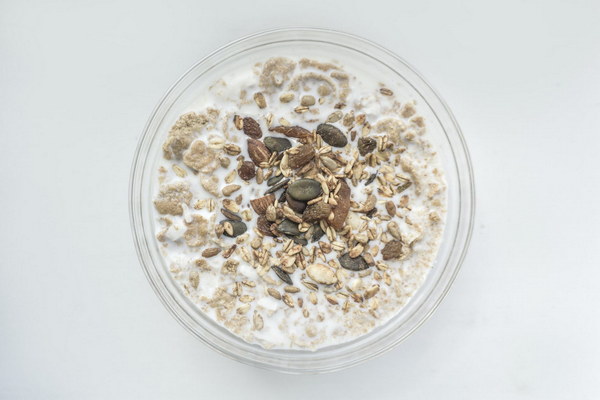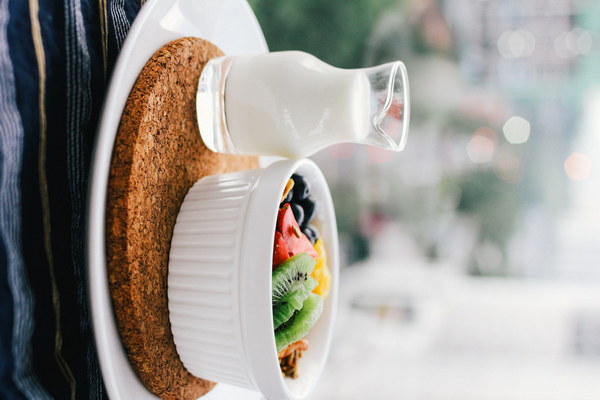Caring for Your Feline Friend's Liver and Kidneys Essential Tips for Cat Owners
Cats are delightful companions that bring joy and warmth to our lives. However, like all pets, they require proper care to ensure a healthy and happy life. One of the most critical aspects of maintaining your cat's health is to look after their liver and kidneys. These organs play a vital role in the cat's body, and keeping them in good condition is essential for their overall well-being. Here are some essential tips for cat owners to help protect and maintain their feline friend's liver and kidneys.
1. Balanced Diet
A balanced diet is the cornerstone of good health for your cat. Feeding your pet a well-balanced, high-quality cat food can help keep their liver and kidneys healthy. Look for cat food that is formulated for their specific life stage, whether they are a kitten, adult, or senior. Ensure that the food is high in protein, moderate in fat, and low in carbohydrates and sodium.

2. Fresh Water
Ensure that your cat has access to fresh, clean water at all times. Dehydration can strain the kidneys and liver, so it is crucial to provide them with a constant supply of fresh water. You may need to switch water sources or use a cat water fountain to entice your cat to drink more.
3. Regular Veterinary Check-ups
Regular veterinary check-ups are essential for detecting and treating any health issues early on. During these visits, your vet may perform blood work to assess the function of your cat's liver and kidneys. Early detection of any problems can lead to more effective treatment and better outcomes.
4. Avoid Overweight
Maintaining a healthy weight is crucial for your cat's liver and kidney health. Overweight cats are more susceptible to liver disease and kidney issues. Monitor your cat's weight and consult with your vet if you notice any changes or if your cat is gaining weight.
5. Control Fleas and Ticks
Fleas and ticks can transmit infections that may affect your cat's liver and kidneys. Regularly treat your cat for fleas and ticks, and keep their environment free of these parasites. Consult with your vet for the best prevention and treatment options.
6. Limit Exposure to Toxins
Cats can be sensitive to certain household toxins, such as cleaning agents, plants, and medications. Ensure that these substances are kept out of reach and avoid giving your cat any human medications unless directed by a veterinarian. Some plants, like lilies, are toxic to cats and can lead to kidney damage.
7. Provide a Safe Environment
A safe and comfortable living environment is essential for your cat's overall health. Provide a clean litter box, scratching posts, and toys to keep your cat entertained and engaged. A safe space for your cat to rest and relax will also help reduce stress, which can negatively impact their liver and kidney function.
8. Regular Exercise
Encourage regular exercise to help maintain your cat's weight and overall health. Interactive play sessions, such as using a laser pointer or feather toy, can provide mental stimulation and physical activity for your cat.
9. Avoid Over-Vaccination
While vaccines are crucial for protecting your cat from infectious diseases, over-vaccination can strain their immune system and potentially harm their liver and kidneys. Consult with your vet to determine the appropriate vaccination schedule for your cat.
10. Be Aware of Symptoms
Keep an eye out for any symptoms that may indicate liver or kidney issues in your cat, such as increased drinking and urination, vomiting, diarrhea, or changes in appetite. If you notice any of these symptoms, contact your vet immediately.
By following these tips, you can help ensure that your cat's liver and kidneys remain healthy and functioning properly. Remember that each cat is unique, so it is essential to work with your vet to tailor a care plan that best suits your feline friend's needs. With proper care, your cat can live a long and happy life.









